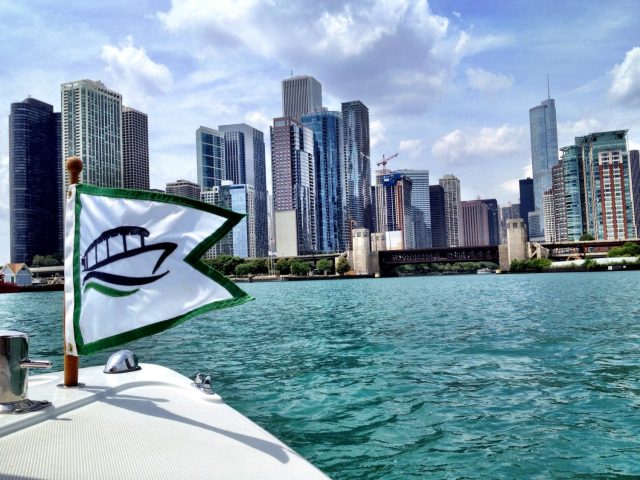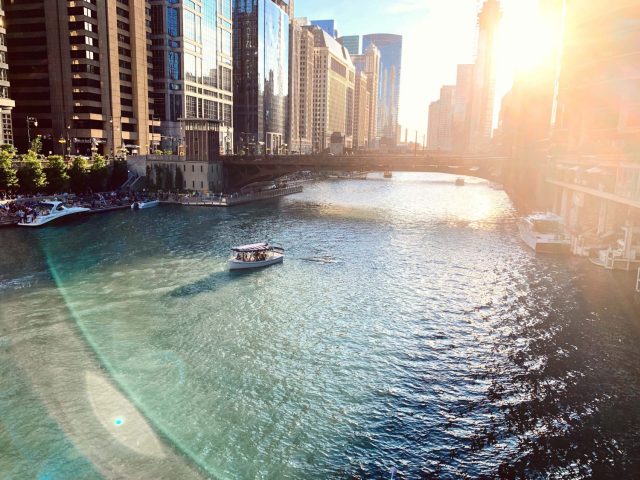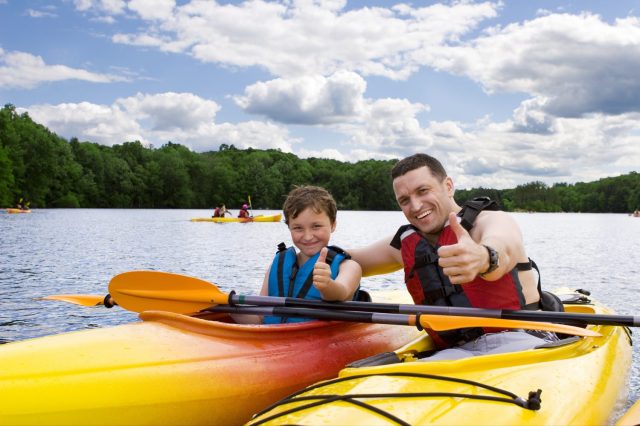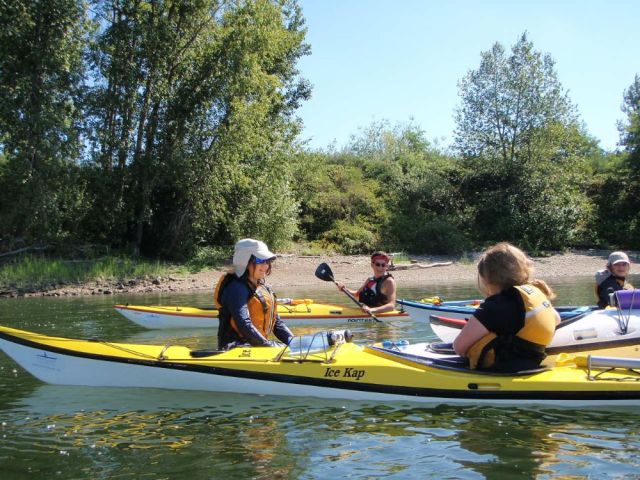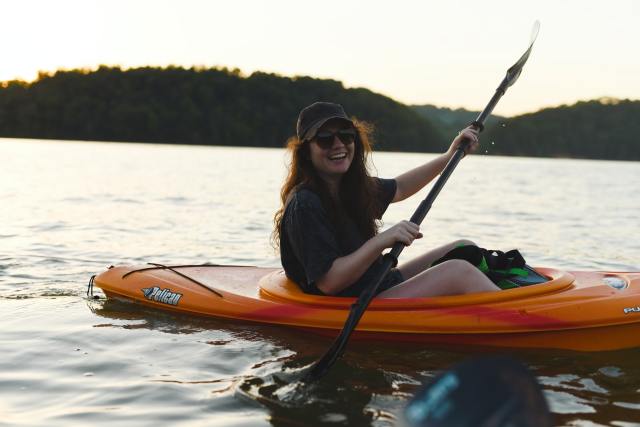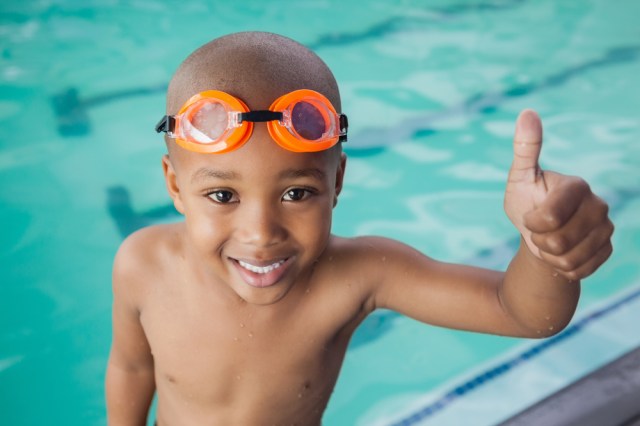With major summer fun right around the corner and lots of water time, whether you are heading to your favorite water park, the community pool or a nearby lake, it’s always a good idea to put safety first. Your best defense against injury and drowing? It’s not just about swimming lessons and CPR. We talked with the Director of Aquatics at the Great Wolf Lodge-Wisconsin Dells, Melissa Wornick, who shared with us her top tips for water safety for kids. Read on to learn (and memorize) them all.
1) Never swim alone. Always use the buddy system and be sure the area is well supervised by lifeguards before you or other family members enter the water.
2)Encourage your child to wear a life jacket. Many public pools and water parks provide life jackets for your use free of charge and it’s better to be on the safe side if your child is not a confident swimmer.
3)Never assume someone else is watching your child. Even with lifeguards nearby, you have the responsibility for your child. The best way to keep your child safe is to play right alongside them.
4) Stay hydrated. Swimming and playing takes a lot of energy, especially during the hot summer months. Drink plenty of water or sports drinks and rest in a cool location.
5) Forget the bling. Before heading to the beach, pool or water park, avoid swimsuits that have ties, grommets or decorations that could get caught on something during water activities.
6) Skip the flip-flops. Look for sandals with a heel strap or a full-coverage slip-on water shoe that will stay in place both in and out of the water.
7) Too much sun is no fun. Be sure to limit your exposure during peak hours of 12pm-3pm and reapply waterproof/sweat proof sunscreen every 80 minutes.
8) Take a CPR course. Knowing these skills can be important in any environment. This is a skill we all can benefit from—on land and around water.
9) Read all of the signs before going on a waterslide, pool or attraction. Make sure your child meets the posted requirements. If you have questions about an attraction, ask an employee at the facility.
10) Plan ahead. As a family, decide on a meeting place to go to if anyone gets separated. Kids can take off in instant and crowded parks and beaches can make it difficult for little ones to find you. Choose an easy-to-spot location that can be easily found by all family members.
11) If you see someone struggling in the water, call for help. Remember “Reach or Throw, Don’t Go!” Even professionally trained lifeguards don’t enter the water without having the proper flotation devices to keep themselves safe.
And Director of Aquatics at Great Wolf Lodge Illinois, Josh Martinez, wants to remind parents:
12) Put the phones down. When enjoying swimming activities do not let your electronic devices distract you from your child. You may want to get caught up on your favorite show, book or emails but the pool is not the place to do so. Keep your little swimmers within arm’s reach!
13) Use Proper Floaties. Making sure you have the proper floatation devices is important. Water wings or inflatable floaties should be treated as toys not life-saving devices. An easy way to determine if it is a floatation device is to look for the U.S. Coast Guard stamp of approval, which is generally located on the inside of the jacket/device.
Great Wolf Lodge is one of our favorite choices for family resort fun. With locations all across the USA including Wisconsin Dells; WI, Bloomington, MN; Kansas City, KS; Great Mounds, WA & more, you’re likely just an hour or two from one yourself. With spacious, family-friendly suites, a centerpiece water park with attractions for all ages and stages; the infamous MagiQuest game and a wealth of other activities, check out greatwolf.com to learn more. of both wet and dry attractions for every age. ,
RELATED STORIES:
Why You Should Visit the New Great Wolf Lodge at Mall of America
Make a Splash at SoCal’s Great Wolf Lodge
10 Resorts with Epic Water Features
The Best Waterparks in America
—Amber Guetebier with Melissa Wornick of Great Wolf Lodge
photo courtesy Great Wolf Lodge
